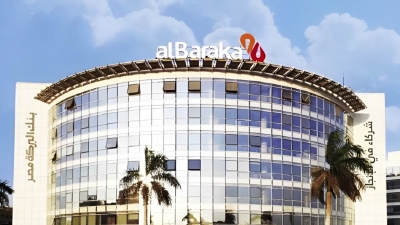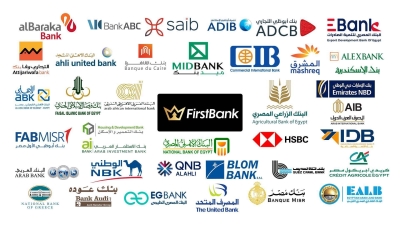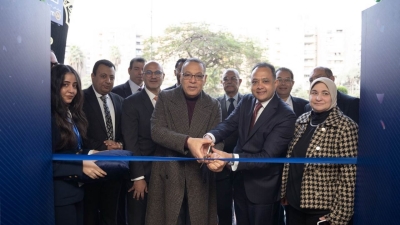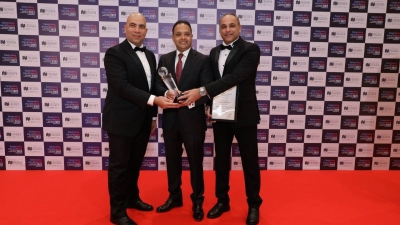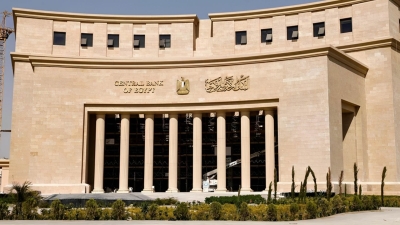Banking Sector Participates in the Second Phase of the Presidential Initiative 'Decent Life'
First Bank
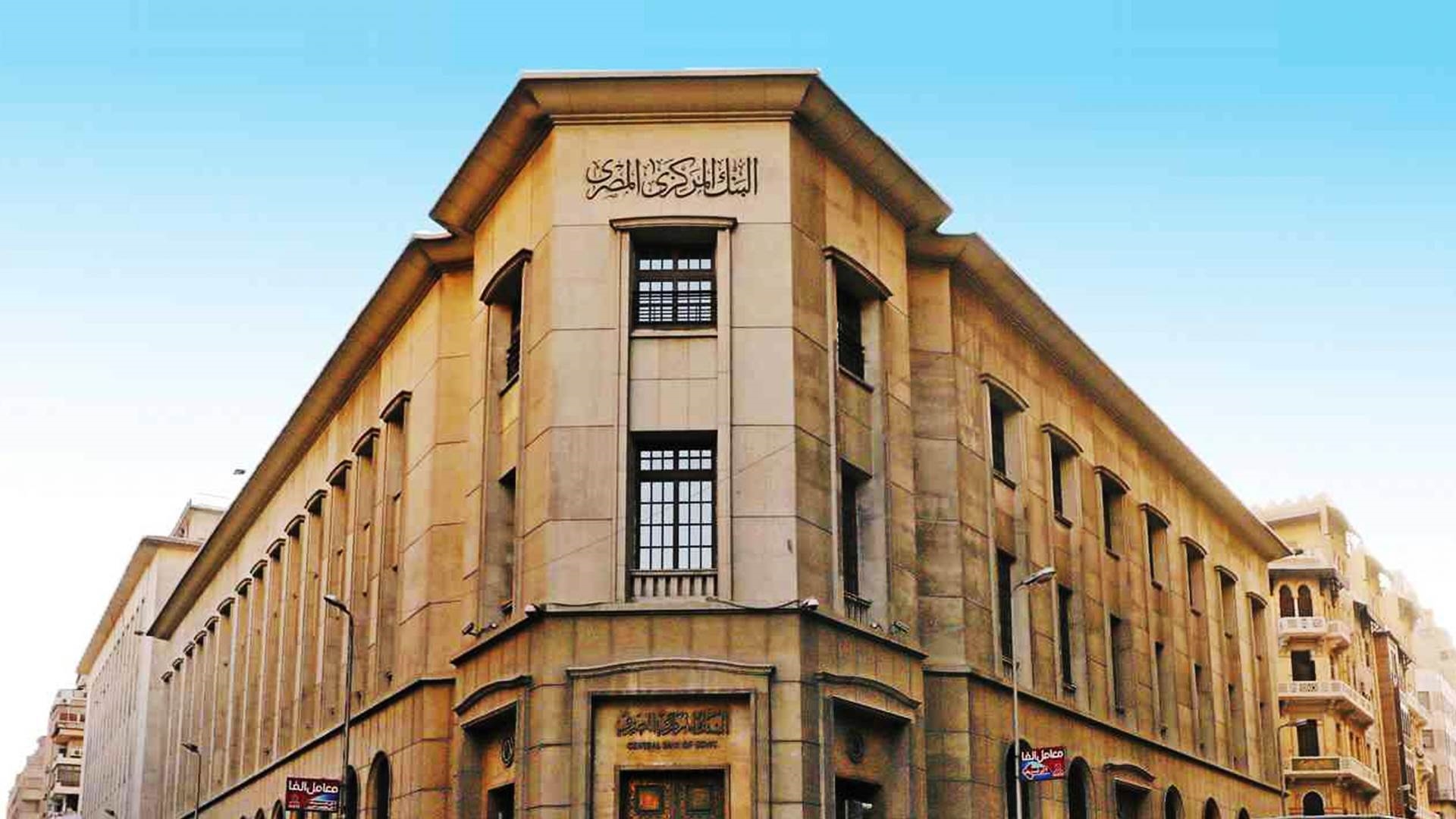
As part of its continuous efforts to support the state’s strategy to achieve Sustainable Development Goals (SDGs), and in line with Egypt’s Vision 2030, and under the auspices of the Central Bank of Egypt (CBE), a number of banks are participating in the second phase of the presidential initiative “Decent Life”.
This initiative aims to improve the quality and outreach of financial services provided to citizens, through facilitating access to banking and financial services, across 20 Governorate, 52 rural centers and 1,667 villages, in coordination with the Ministry of Planning and Economic Development.
The banks’ participation in the presidential initiative “Decent Life” comes in alignment to the ongoing collaboration between the CBE and all relevant stakeholders, in addition to its various partnerships with different ministries and entities, including the Ministry of Planning and Economic Development, the Ministry of Social Solidarity, the Ministry of Youth and Sports, and the National Council for Women, to achieve the targeted development.
within the same context, a delegation from the CBE and a number of banks, conducted a site visit to Luxor Governorate, which covered 11 villages in Al-Qurna and Al-Bayadiya rural centers, and aimed at identifying the actual challenges facing citizens, as well as recognizing their banking and financial needs to be addressed during the implementation of the new phase of the presidential initiative.
This comes in succession to the successful participation of banks, under the auspices of the Central Bank of Egypt, during the first phase of the “Decent Life” initiative during the period from July 2021 to December 2023. The first phase resulted in a number of positive outcomes that assisted in enhancing the citizens’ standard of living and empower them economically, including: The installation of nearly 1217 new ATMs, the opening and renovation of 14 bank branches, as well as availing access to around 1.3 million financial products (Bank accounts, prepaid cards, and mobile wallets). Furthermore, the initiative’s first phase led to availing credit for small and micro enterprises, amounting to nearly EGP 32.7 billion (through banks directly, and through Microfinance Institutions that received credit facilities from banks), in addition to organizing nearly 4400 financial literacy seminars on banking services and products, out of which around 236,000 citizens have benefitted, including individuals and owners of enterprises and craftsmanship.
In his statement, Mr. Sherif Lokman, Sub-Governor of the Central Bank of Egypt (CBE) for Financial Inclusion, emphasized that "The CBE aims to facilitate people’s access to financial services and products, as well as to improve the living standards of citizens across all governorates taking part in the presidential initiative (Decent Life). This is achieved through active engagement to identify the citizens’ actual needs, as the recent visit to Luxor Governorate which aimed at identifying the challenges that arise when dealing with the banking sector.
In principal, banks strive to develop and mobilize the financial infrastructure within the targeted areas under “Decent Life” initiative, provide financing and different banking products and services, as well as disseminate financial literacy tailored to the most vulnerable and financially excluded segments of society.
These collective efforts contribute to the availing of financial and banking services that cater to the diverse needs of all society segments, thereby aligning to the strategic goals of achieving financial inclusion and digital transformation."
Mr. Lokman affirmed that the banking sector’s participation in the initiative comes within its role towards women’s economic and social empowerment, through organizing financial awareness and educational sessions to promote women’s financial literacy, and emphasize on their significant role in society, as well as facilitating their access to microfinance opportunities across various fields.
The banking sector’s efforts aim to empower women by fostering their sense of independence and reinforcing their influence over family financial decisions, in addition to, offering financial services and products that cater for their needs.
The second phase of the initiative is expected to incorporate the participation of 11 banks: "National Bank of Egypt (NBE), Banque Misr, Banque du Caire, Agricultural Bank of Egypt, Qatar National Bank - AlAhli (QNB ALAHLI), Commercial International Bank (CIB), ALEXBANK, The United Bank, Egyptian Gulf Bank (EG-Bank), Attijariwafa Bank Egypt, as well as the Housing and Development Bank (HDB)."


